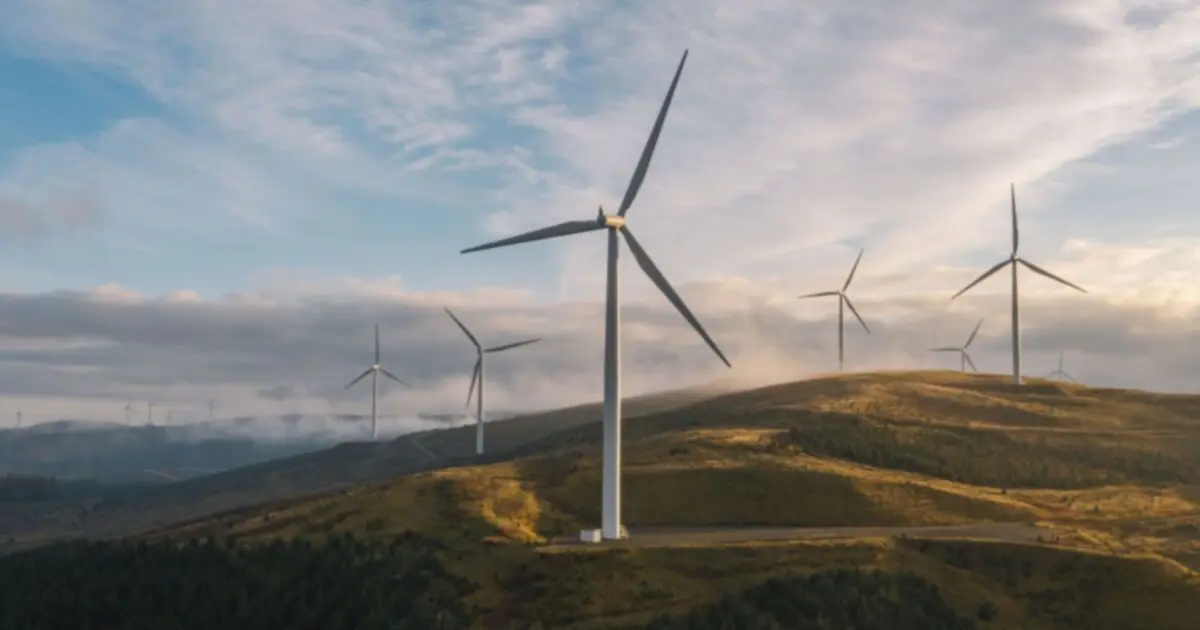
New US alarms about secret Chinese surveillance hardware are reverberating in Britain, where specialists warn of threats from EV chargers, electrical networks and wind farms.
Roadways, charging points and traffic cameras across America are under immediate examination after officials cautioned that “hidden radios” might have been concealed inside Chinese-made batteries and inverters. The US Department of Transportation’s Federal Highway Administration disclosed that previously undocumented cellular radios had been found in Chinese kit – stoking fears that Beijing is exploiting its dominance in renewable energy and EV supply chains to embed surveillance devices within vital infrastructure.
British specialists have raised comparable alarms, saying the threat goes beyond EVs and chargers. Grace Theodoulou, of the Council on Geostrategy, highlighted the possibility of Chinese company MingYang providing turbines for a significant offshore wind scheme off Aberdeen. “With wind turbines specifically, they are known to contain kill switches, which means the manufacturers can operate them,” she said. “Even if they only supply 15 percent, the effect could be substantial. Fundamentally, no Chinese company is independent of state control. If the CCP tells it to do something, it will comply.”
She pointed out that MingYang has teamed up with Octopus Energy in an effort to supply turbines, warning this might be a tactic to bypass concerns by partnering with a trusted UK firm.
She also warned: “The real concern is the ability to pressure the UK – for example, if tensions over Taiwan escalate.”
The Ministry of Defence has similarly limited electric vehicles at secure sites such as RAF Wyton, amid worries their Chinese-made batteries and sensors could be used for surveillance.
MPs have cautioned that smart gadgets, chargers and meters containing imported components could be repurposed for harvesting data or carrying out sabotage.
UK cyber specialists have also revealed weaknesses in domestic EV chargers that might enable outsiders to monitor charging habits.
The Conservative government in 2022 ordered Huawei equipment to be removed from Britain’s 5G networks by 2027, after the National Cyber Security Centre branded the firm a “high-risk vendor”.
But Prime Minister Sir Keir Starmer has since advocated a “reset” with Beijing, stressing the value of trade ties. Critics say that stance downplays the dangers.
Alan Mendoza, executive director of the Henry Jackson Society, said: “China has different strategic interests to ourselves.
“It has shown a desire to discover information it may not be entitled to, using infrastructure tools in other areas.
“It stands to reason it would do so again in the UK, which is why the safest course has always been to use non-Chinese equipment in anything resembling strategic infrastructure.”
He added that the current government was “chasing the buck”:
“It seems to be the usual one of paying lip service to the idea there might be something suspicious about China, and then rushing into embracing Chinese money.
“But in areas like EVs, where Chinese cars can record huge amounts of data about their occupants, the risks are simply too high.”
Michael Tigges, of US cyber-security firm Huntress, referring to the alert issued by US authorities, said such implants have two functions: “One is data collection: EV usage, traffic patterns, substation loads. The other is impact: at the right moment, adversaries could trigger outages across cameras, chargers and roads to generate maximum disruption.”
Unlike traditional hacking, the danger outlined by US officials exists at the hardware layer. By concealing tiny radios or sensors inside batteries, inverters or chargers, adversaries can open a channel invisible to most network defences.
“These radios can act as listeners, picking up electromagnetic interference and voltage patterns along physical infrastructure,” Tigges explained.
“That data can then be transmitted without anyone realising.”
Analysts say the alerts underline a growing quandary for Western administrations.
Chinese companies are integral to worldwide manufacture of batteries, inverters and solar gear. Completely avoiding them is almost unfeasible.
Yet with clean-energy and EV infrastructure expanding quickly – the UK Government has vowed to accelerate rollout of charging points and offshore wind as part of its net-zero plans – the possible points of attack are increasing just as rapidly.
A senior Whitehall source said: “It is naïve to think of this solely in terms of turning the lights out. Information itself is power.
“If an adversary knows when and where our cars charge, or how our roads are managed, they are watching us every day.”
See also: Global EV Plant Construction Market Growth and Strategic Insights
Auto and lifestyle writer who loves simplifying complex topics into easy-to-understand insights.

Leave a Reply